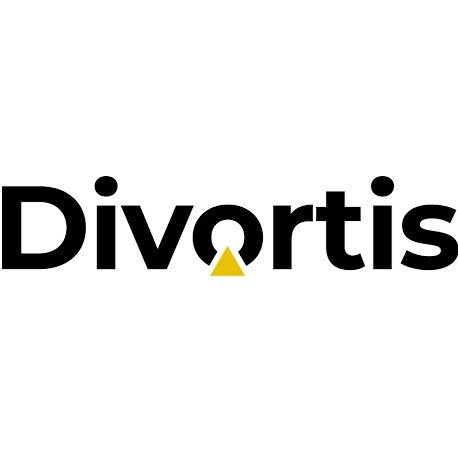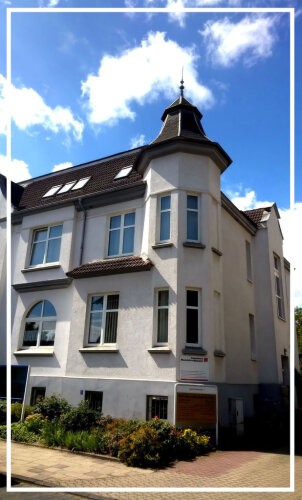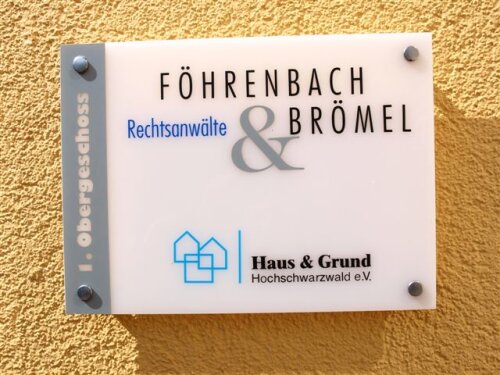Best Collaborative Law Lawyers in Germany
Share your needs with us, get contacted by law firms.
Free. Takes 2 min.
Free Guide to Hiring a Family Lawyer
Or refine your search by selecting a city:
List of the best lawyers in Germany
About Collaborative Law in Germany
Collaborative Law is an alternative dispute resolution process that involves legal professionals working cooperatively rather than adversarially to resolve conflicts outside of the court system. In Germany, Collaborative Law has gained recognition as an effective method for handling disputes, particularly in family law matters such as divorce and child custody. This approach focuses on open communication, transparency, and voluntary information exchange to achieve mutually beneficial outcomes for all parties involved. The aim is to create a respectful environment where parties can find solutions that best meet their needs, with the guidance of specially trained lawyers.
Why You May Need a Lawyer
Collaborative Law offers a unique avenue for resolving disputes and is particularly useful in situations where relationships are ongoing, and parties need to maintain a positive dynamic, such as co-parenting. Common situations where individuals may seek guidance from a lawyer in Collaborative Law include:
- Divorce proceedings where both parties prefer an amicable resolution
- Child custody and visitation agreement negotiations
- Family businesses disputes requiring discretion and continued cooperation
- Property division and financial separation agreements
- Modification of existing family law agreements
Involving a lawyer ensures the process is managed efficiently and that all legal aspects are appropriately addressed to protect the interests of those involved.
Local Laws Overview
In Germany, Collaborative Law is part of a broader movement toward mediation and alternative dispute resolution methods. Key aspects relevant to Collaborative Law include:
- Voluntary Participation: All parties must agree to the process willingly and can withdraw at any time.
- Confidentiality: Discussions in collaborative proceedings are confidential and cannot be used in court should the process break down.
- Interdisciplinary Approach: Lawyers often work with other professionals, such as financial advisors or psychologists, to support the process.
- No Court Involvement: The process is designed to keep disputes out of court, making it potentially faster and less costly.
- Focus on Future Collaboration: Especially critical in family disputes, ensuring continued civil interaction post-resolution.
Frequently Asked Questions
What is the main goal of Collaborative Law?
The primary goal is to resolve disputes amicably, with respect and cooperation, outside of the court system.
How does Collaborative Law differ from mediation?
Collaborative Law involves legal representation for each party throughout the process, while in mediation, a neutral third party facilitates the discussion without providing legal advice.
Is Collaborative Law legally binding?
Agreements reached through Collaborative Law can be made legally binding, typically through formal documentation submitted to the court.
Can I switch to litigation if Collaborative Law doesn't work?
Yes, parties can choose to proceed to litigation if Collaborative Law does not yield a satisfactory agreement, although new legal representation will be required.
How long does the process usually take?
The duration varies based on the complexity of the case and the willingness of both parties to cooperate, but it is generally faster than traditional court proceedings.
Is Collaborative Law suitable for all types of disputes?
While it is particularly effective in family law, it may not be suitable for all disputes, especially where there is a significant power imbalance or lack of trust between parties.
What costs are involved in Collaborative Law?
Costs include lawyer fees and potential fees for additional professionals involved, but overall, it can be more cost-effective than litigation.
Do all lawyers offer Collaborative Law services?
No, only specially trained lawyers offer Collaborative Law services, as it requires specific skills and understanding.
What if my partner does not want to use Collaborative Law?
Both parties must agree to the process voluntarily; if one party refuses, traditional legal channels may be necessary.
Can Collaborative Law agreements be modified later?
Yes, agreements can be revisited and modified if circumstances change, provided both parties consent.
Additional Resources
For further information, consider the following resources:
- Local Bar Association: Provides listings of qualified Collaborative Law practitioners.
- Family Law Practitioners' Associations: Offers guidance and resources on Collaborative Law.
- Governmental Bodies: Such as the Federal Ministry of Justice, which can provide updates and official resources.
- Legal Journals and Publications: Frequently cover developments in Collaborative Law practices.
Next Steps
If you believe Collaborative Law is the right method for resolving your dispute, consider the following steps:
- Research and contact a qualified Collaborative Law lawyer in your area.
- Prepare to discuss all relevant aspects of your dispute openly and transparently.
- Ensure that all involved parties are informed and agreeable to the process.
- Gather necessary documentation and information required for initial discussions with your lawyer.
- Remain open to collaboration and compromise to reach a mutually satisfactory agreement.
Taking these steps can guide you towards a respectful and efficient resolution of your legal issues through Collaborative Law.
Lawzana helps you find the best lawyers and law firms in Germany through a curated and pre-screened list of qualified legal professionals. Our platform offers rankings and detailed profiles of attorneys and law firms, allowing you to compare based on practice areas, including Collaborative Law, experience, and client feedback.
Each profile includes a description of the firm's areas of practice, client reviews, team members and partners, year of establishment, spoken languages, office locations, contact information, social media presence, and any published articles or resources. Most firms on our platform speak English and are experienced in both local and international legal matters.
Get a quote from top-rated law firms in Germany — quickly, securely, and without unnecessary hassle.
Disclaimer:
The information provided on this page is for general informational purposes only and does not constitute legal advice. While we strive to ensure the accuracy and relevance of the content, legal information may change over time, and interpretations of the law can vary. You should always consult with a qualified legal professional for advice specific to your situation.
We disclaim all liability for actions taken or not taken based on the content of this page. If you believe any information is incorrect or outdated, please contact us, and we will review and update it where appropriate.
Browse collaborative law law firms by city in Germany
Refine your search by selecting a city.














